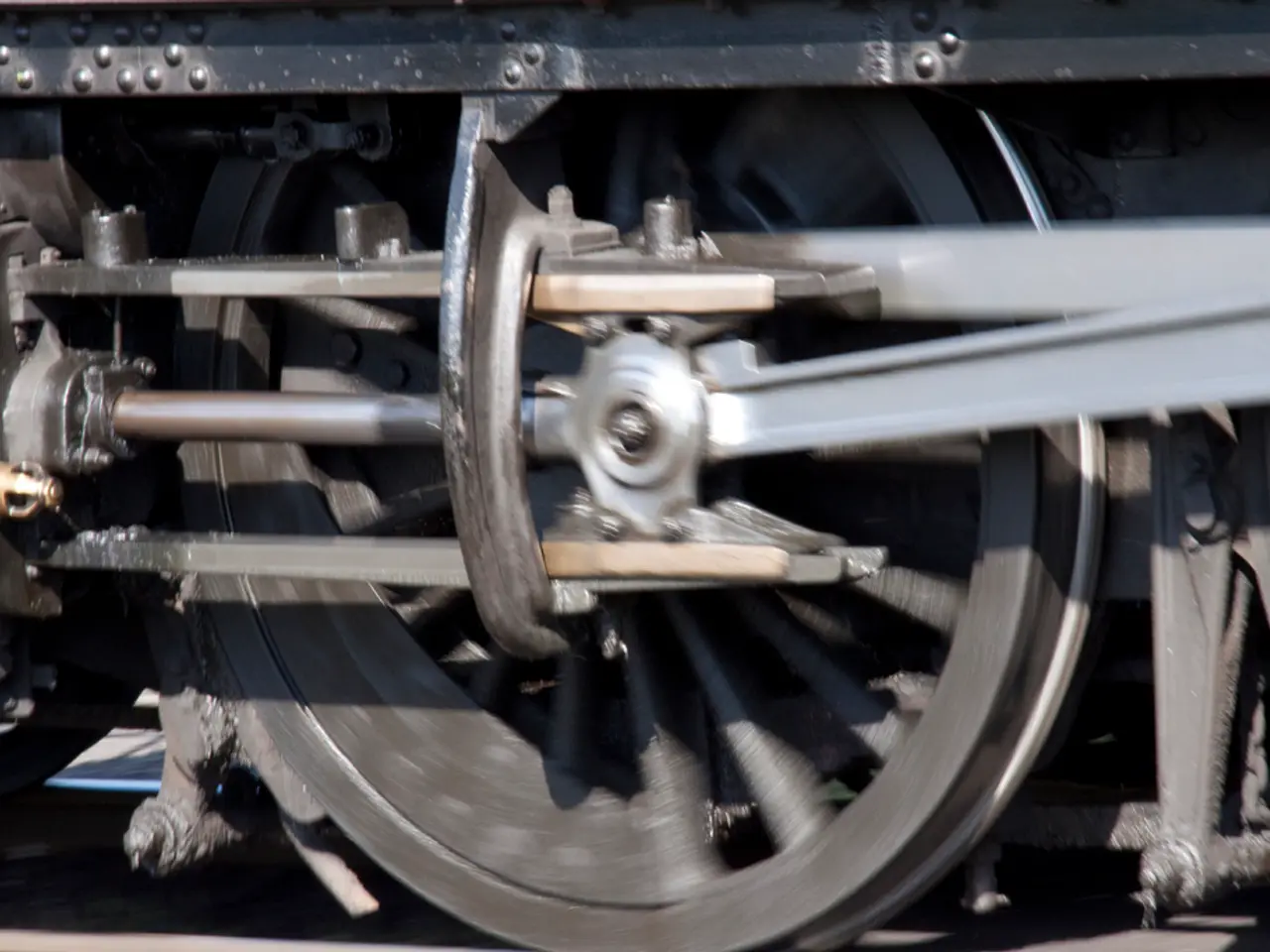Train supplier Stadler refuses deal with BelJD for 65 train units
In a recent statement, Swiss railway technology company Stadler has confirmed that there is no current production or supply agreement in place between the company and Belarusian Railways for the production or supply of trains. This comes after reports of planned negotiations and potential production at the "Stadler Minsk" plant in Fanipol.
The Minsk plant, owned by Stadler, has reduced production to a minimum due to sanctions imposed on Belarus. Under the current conditions, the supply of trains to Belarus or the production of trains in Belarus is not permitted, as stated by Stadler. The company fully complies with the sanctions imposed on Belarus.
Previously, Alexander Horoshavich, the First Deputy Head of Belarusian Railways, reported that a contract for the production of 65 electric and diesel trains at the "Stadler Minsk" plant would soon be concluded. However, Stadler has announced that no such contract has been signed.
The parties involved in the planned negotiations over the production of these trains are Belaruskali, a Belarusian company, and the Chinese company CRRC. Negotiations between these parties and Stadler are ongoing, but no agreements have been reached as of yet.
Despite the lack of an agreement, the Minsk plant is currently only performing mechanical work and engineering services, strictly in accordance with the sanctions. Approximately 200 employees remain at the plant, continuing this work.
It is important to note that Stadler has not signed a contract with Belarusian Railways for the supply of the 65 trains. The company acknowledges that, under the current conditions, the supply of trains to Belarus or the production of trains in Belarus is not permitted.
In a written comment to the publication Office Life, a representative of Stadler made this statement, contradicting Alexander Horoshavich's earlier statement about the imminent conclusion of a contract. The Minsk plant stopped producing rolling stock after sanctions were imposed in 2022.
This development marks a significant shift in the potential collaboration between Stadler and Belarusian Railways, underscoring the ongoing impact of sanctions on Belarus's industrial sector.
Read also:
- Peptide YY (PYY): Exploring its Role in Appetite Suppression, Intestinal Health, and Cognitive Links
- Toddler Health: Rotavirus Signs, Origins, and Potential Complications
- Digestive issues and heart discomfort: Root causes and associated health conditions
- House Infernos: Deadly Hazards Surpassing the Flames








